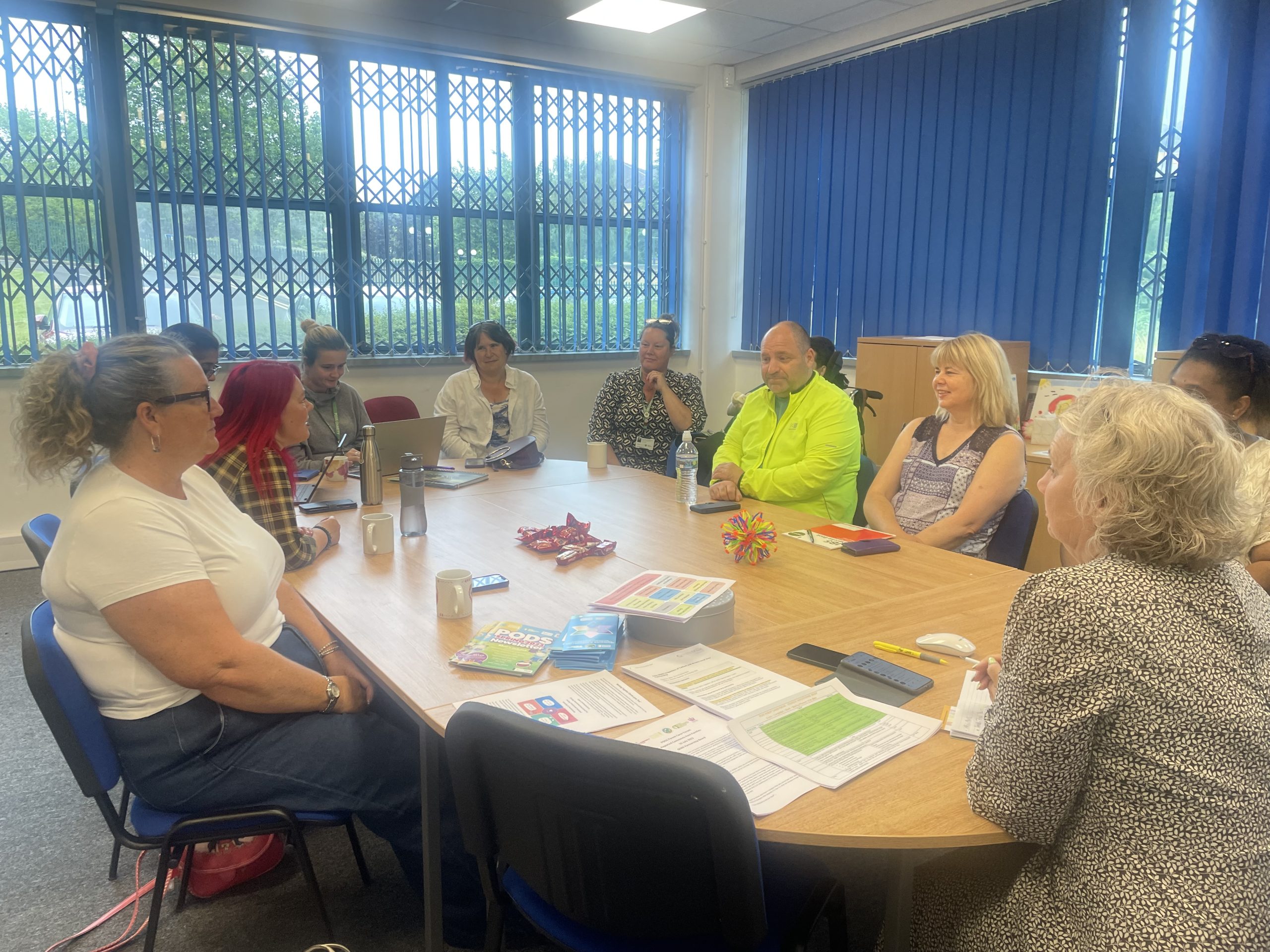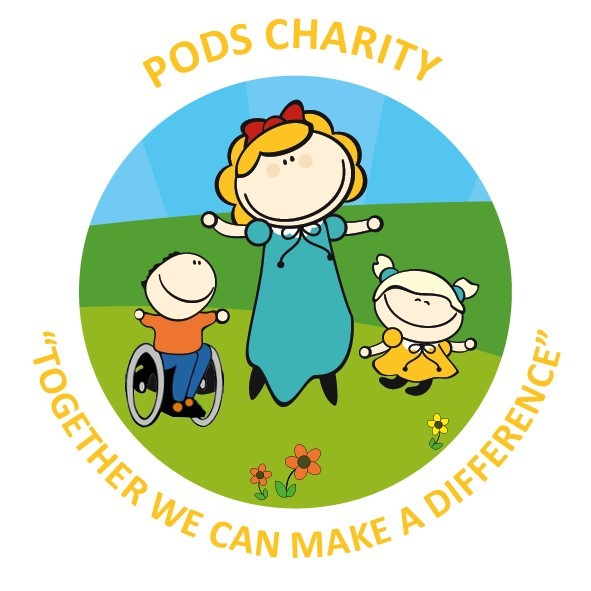“Together we can Make A Difference”
The forum is led by Jayne Stevens, our Strategic Lead. She is supported by a team of volunteer Parent Reps.
To find out more about the work of the Forum and how we use your voice to improve outcomes for your families.

We champion your parent carer voices and experiences to ensure that you are heard where it matters most and your voices inform and influence service changes across health, education, social care and wider teams.
It is important to us that you receive timely and trustworthy information from reputable sources.
We aim to empower our parent carer and family carers with the right information at the right time.
It’s important that we deliver support offers that meet the needs of our families, and we only do this through regular feedback.
Eg. workshops, Challenges at Home, Preparing for Adulthood, PINS, Annual Conference, etc.
We champion your parent carer voices and experiences to ensure that you are heard where it matters most and your voices inform and influence service changes across health, education, social care and wider teams.
The main benefits for families involved with PODS Parent Carer Forum are:
- Support and Community: Families receive support and can connect with others who understand their experiences.
- Voice and Influence: Parents can share their opinions and experiences to help improve services.
- Information and Resources: Access to reliable and helpful information to make informed decisions.
- Events and Learning: Opportunities to attend events, workshops, and meetings to learn and discuss important topics.
- Improved Services: Collaboration with various sectors to enhance services for children and young people.
- These benefits help families feel empowered, informed, and supported in their journey.
If you are a Parent Carer and would like to become a member, please complete our Membership Form.
If you are a professional working in Local Authority, ICB/ICS or work in an educational setting and would like to request a Parent Carer Representative to be involved with any projects or workstreams, to ensure co-production, please contact us 07775 342092 or jayne@podstelford.org
Our role is to involve and support parent carers and family carers to have a voice regarding services they access or need to access in the future. By bringing parent carers together as a collective voice we are stronger by working together and “Together, We can make a difference”.
- We will do this by empowering parent carers and their families to influence change, here in Telford and Wrekin, by sharing your experiences, talk about and support aspirations, and access a supportive community whilst doing so.
- We work across health, social care, education and voluntary sector partners – with service leads, commissioners and managers, providers of services.
- Alongside all parent carer forums across the country we are embedded in the SEND Code of Practice 2015.
- We feed into local, regional and national networks as is our role as part of the National Network of Parent Carer Forums – sharing good practice and offering support to each other as forums across the country.
- We work with commissioners to develop and design services, pathways and processes to improve outcomes for our children and young people.
- We shape and support improvement to practices and services.
- We influence policy and strategic direction.
- To ultimately ensure improved outcomes for all.
Influence and Change
We champion your parent carer voices and experiences to ensure that you are heard where it matters most and your voices inform and influence service changes across health, education, social care and wider teams.
We gather these experiences through surveys, workshops, meetings, online workshops, conversations, events and activities, a telephone call, text or email, family groups and activities, focus groups, workshops, conversations with families via phone, email, face to face, one to one meetings and our online webform.
These experiences are collated by our Strategic Co-ordinator, through our network of volunteer parent reps who meet monthly at a Strategic Parent Rep meeting, and from staff within the wider PODS Charity.
These experiences are collated, reported and shared at strategic and operational meetings, task and finish groups, boards and. We produce an annual report each year that is available on our website.
Information Provision
It is important to us that you receive timely and trustworthy information from reputable sources.
We aim to empower our parent carer and family carers with the right information at the right time. This information may be from a variety of trusted sources and will help you to make decisions about the support and care your family receives.
Regular opportunities to be involved and to share your experiences are available via the ebulletins that are shared weekly, and the Parent Carer Forums focus bulletins that will be sent out termly (via email and shared to website).
We offer regular communications about new opportunities and changes in the SEND system. We host focused events and opportunities to discuss and learn more about key topics and priorities across our community. These include inviting system leaders, practitioners, and guest speakers to meet directly with parent carers at surgery type events, annual conference, or through our support offers eg Challenges at Home sessions.
Information is shared through SEND newsletters, Short breaks newsletters and Education Noticeboards for wider involvement of parent carers and families and for professionals working with them.
Support Offer
It’s important that we deliver support offers that meet the needs of our families and we only do this through regular feedback. Some of the support offers we have and continue to run:
Challenges at Home sessions: To support families whose child is on the Neurodiversity pathway, awaiting an assessment, who have issues around behaviour, routines, anxiety, etc.
Preparing for Adulthood Navigator: Through feedback from families of secondary age children, it was identified that families need support around transition and the key elements of preparing for adulthood.
PINS: Partnership for Inclusion in Schools: Supporting 20 primary schools with inclusion practices to support neurodiverse learners.
Annual Conference: We aim to run a conference each year to bring parent carers and families together, to share experiences around a particular theme. Last year that was parent carer wellbeing and this year it is going to focus on SEN Support.
Surgeries/Audience With: We host 1:1 meetings with key senior staff from the Local Authority and health systems, and local councillors. We are in process of organising an MP Surgery particularly focussing on SEND families.
Workshops and Learning Sessions: A range of subjects, subject to what families are asking for – support at home, SEND support, support with schools, transport, law, etc.

